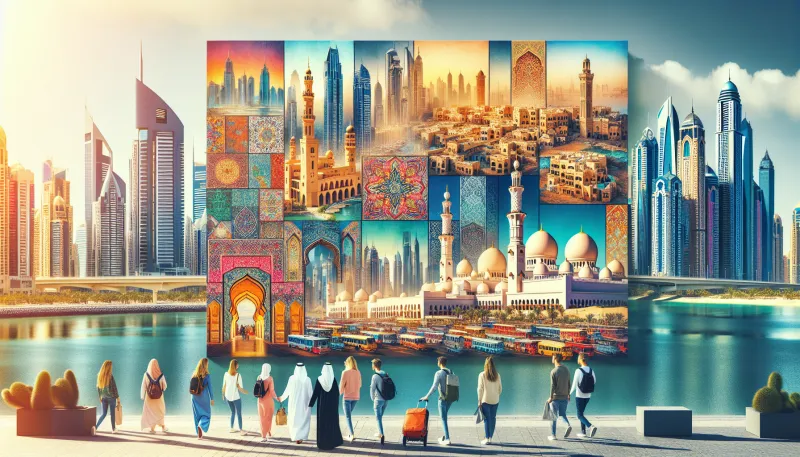
Exploring the unique differences across the Emirates in the UAE
- Abu Dhabi: The Capital with a Rich Heritage
- Dubai: The Cosmopolitan Metropolis
- Sharjah: The Cultural Capital
- Ajman: The Smallest But Growing Emirate
- Umm Al Quwain: The Quiet Coastal Emirate
- Ras Al Khaimah: The Adventure and Heritage Hub
- Fujairah: The Emirate on the East Coast
- Economic diversity across the emirates
- Social and cultural distinctions in daily life
Abu Dhabi: The Capital with a Rich Heritage
Abu Dhabi, the largest emirate and the capital of the UAE, is known for its significant oil reserves and cultural landmarks. Unlike Dubai’s flashy skyline, Abu Dhabi balances modernity with tradition, hosting institutions like the Louvre Abu Dhabi and the Sheikh Zayed Grand Mosque. It also plays a pivotal role in the nation’s governance and economy.
Dubai: The Cosmopolitan Metropolis
Dubai stands out as the most cosmopolitan and globally recognized emirate famous for luxury shopping, iconic architecture such as the Burj Khalifa, and a vibrant tourism industry. Its economy is diversified beyond oil, focusing heavily on trade, aviation, real estate, and financial services. Dubai’s fast-paced development and openness make it a hub for expatriates worldwide.
Ajman: The Smallest But Growing Emirate
Ajman, the smallest emirate by area, is characterized by its calmer lifestyle and affordable living costs. It has a growing industrial sector and is developing its tourism infrastructure with beaches and resorts. Despite its size, Ajman benefits from proximity to Sharjah and Dubai, enhancing its accessibility and economic prospects.
Umm Al Quwain: The Quiet Coastal Emirate
Umm Al Quwain is known for its peaceful environment and less commercial development. It offers natural attractions like mangroves and beaches, ideal for eco-tourism and outdoor activities such as kite surfing. The emirate focuses on preserving its traditional way of life and natural surroundings, making it distinct within the federation.
Ras Al Khaimah: The Adventure and Heritage Hub
Ras Al Khaimah combines natural beauty with historical significance. It is famous for the Jebel Jais mountain, home to the world’s longest zipline, attracting adventure seekers. Simultaneously, the emirate preserves archaeological sites and coral reefs, offering a blend of outdoor recreation and cultural experiences.
Fujairah: The Emirate on the East Coast
Situated on the Gulf of Oman, Fujairah is unique due to its mountainous terrain and access to the Indian Ocean. It diverges from the other emirates with its focus on port services, fishing, and agriculture. Fujairah’s heritage sites and coastal landscapes provide a contrasting experience to the desert environments found elsewhere in the UAE.
Economic diversity across the emirates
The UAE’s emirates vary greatly in their economic priorities. While Abu Dhabi and Dubai dominate with oil wealth and global business hubs, Sharjah focuses on education and culture. Smaller emirates like Ajman and Umm Al Quwain invest in manufacturing and tourism niches, creating a balanced national economy with complementary strengths.
Real Estate Market Researcher in the UAE and Middle East


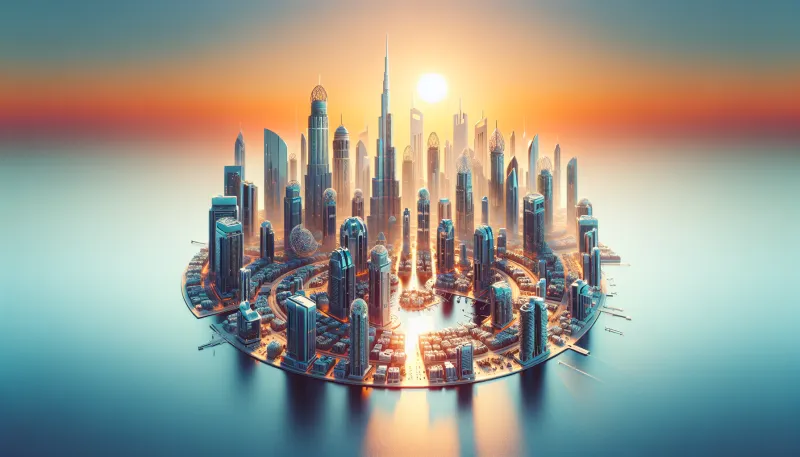




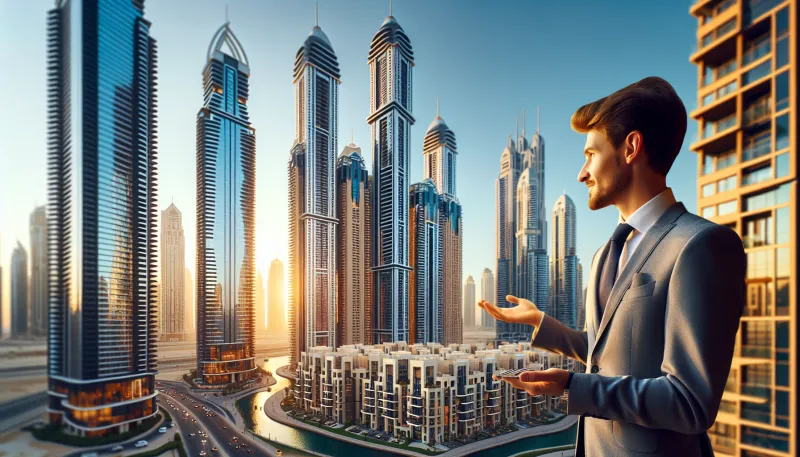
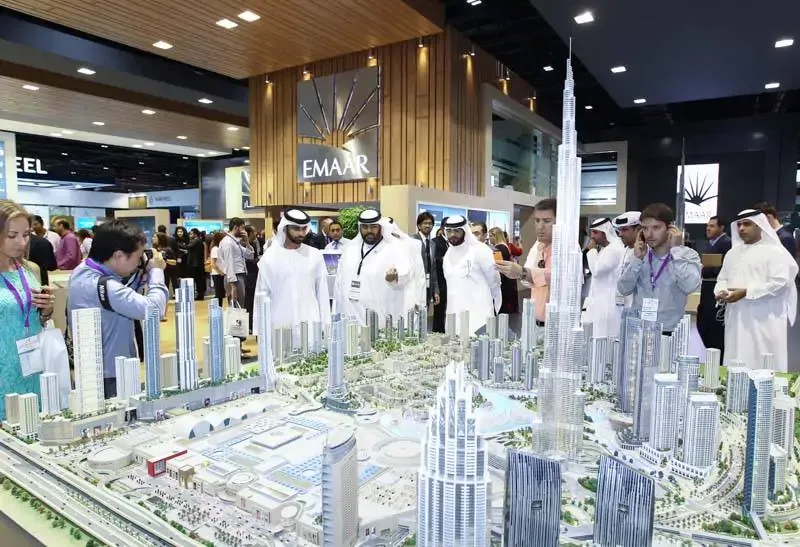
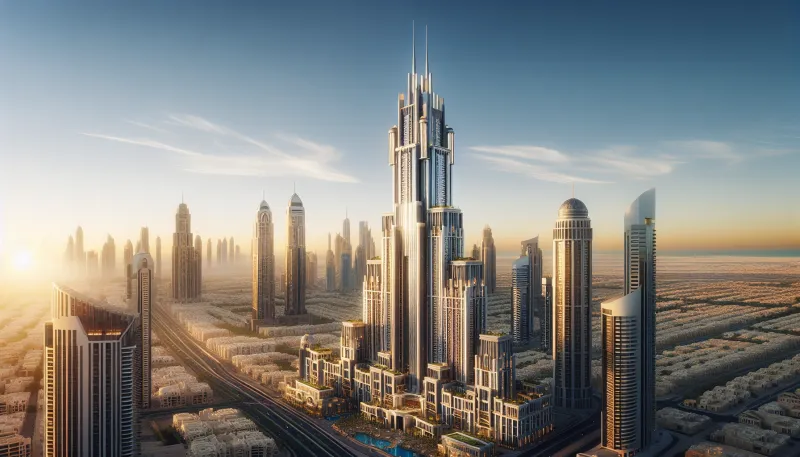
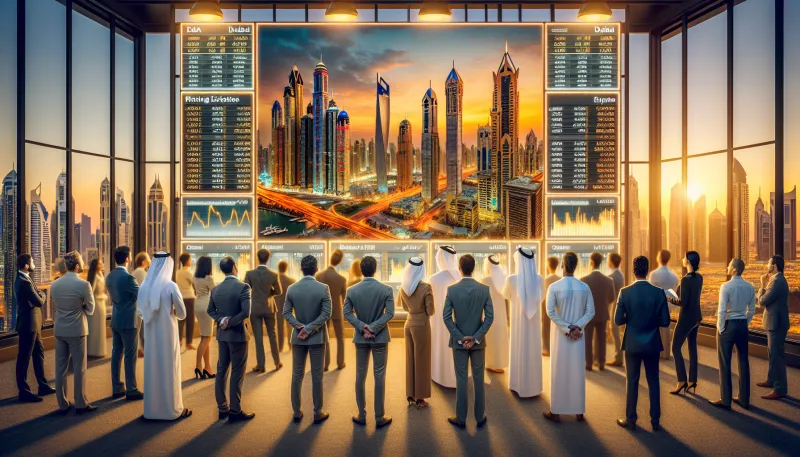





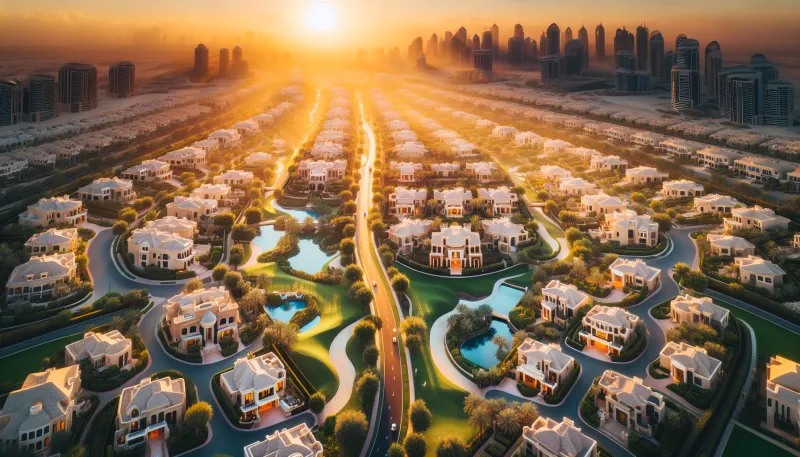

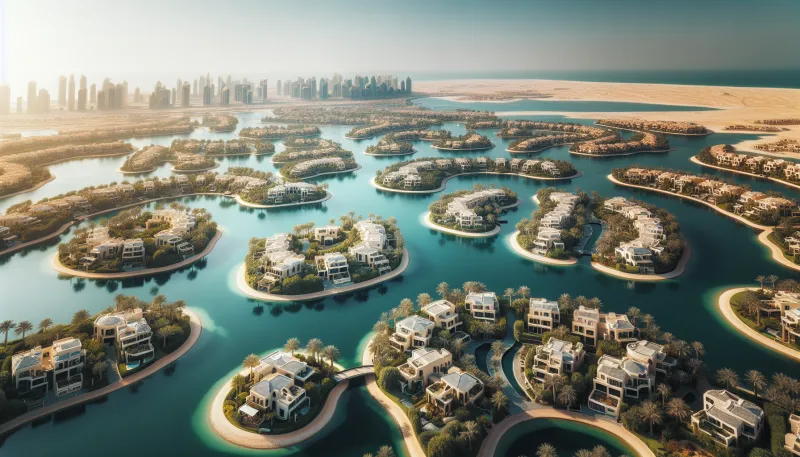
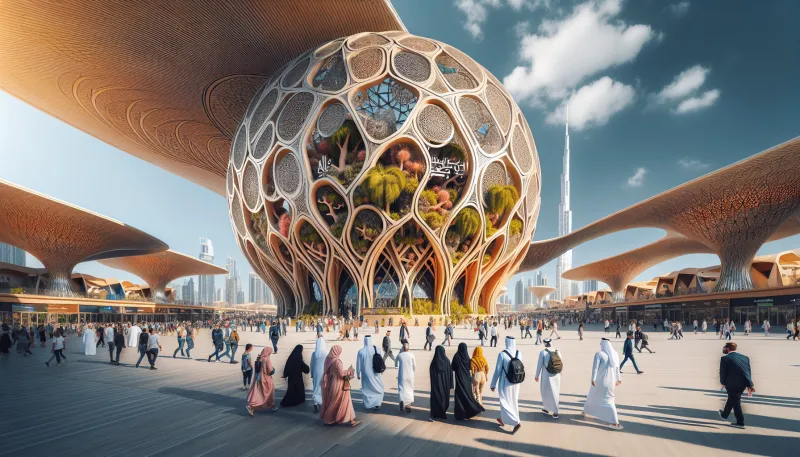
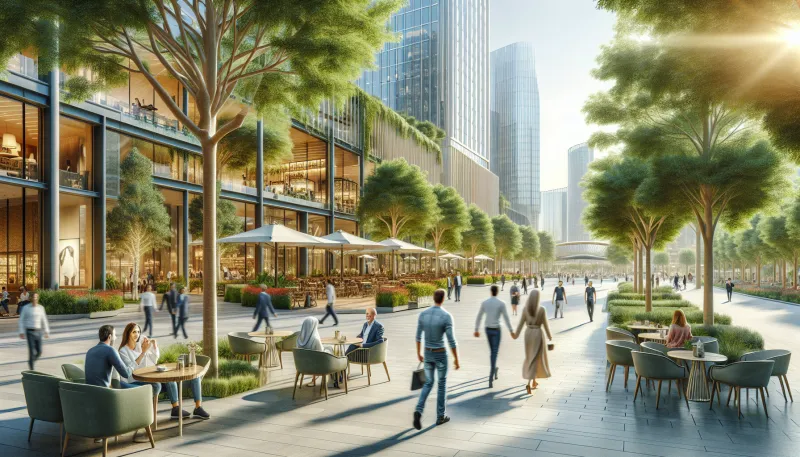

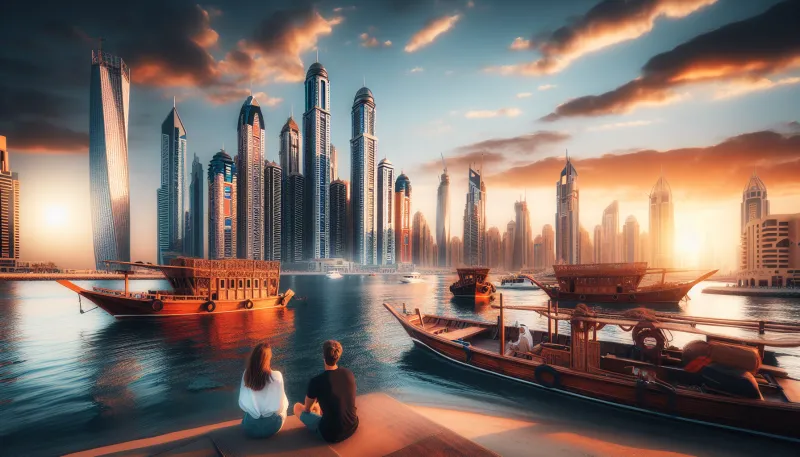
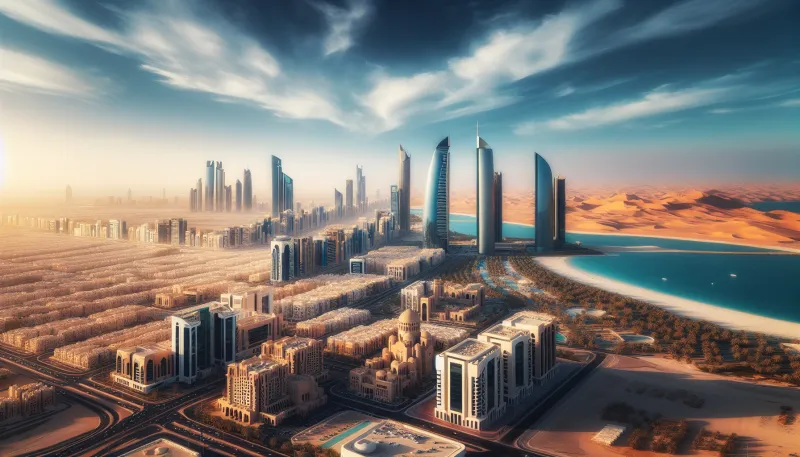

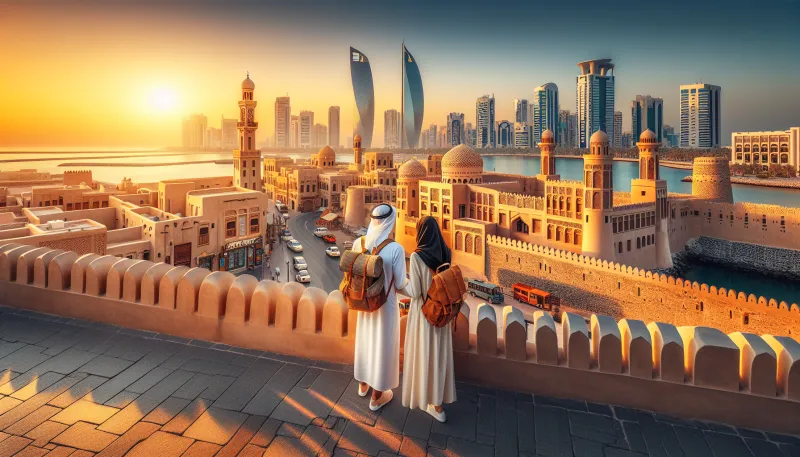
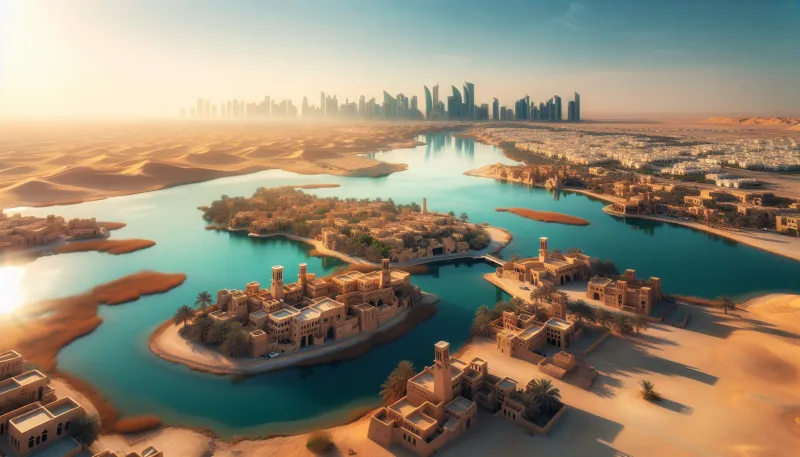

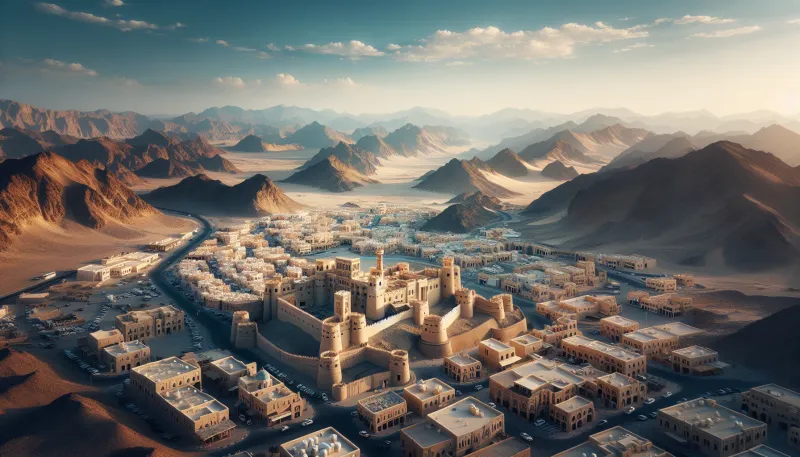

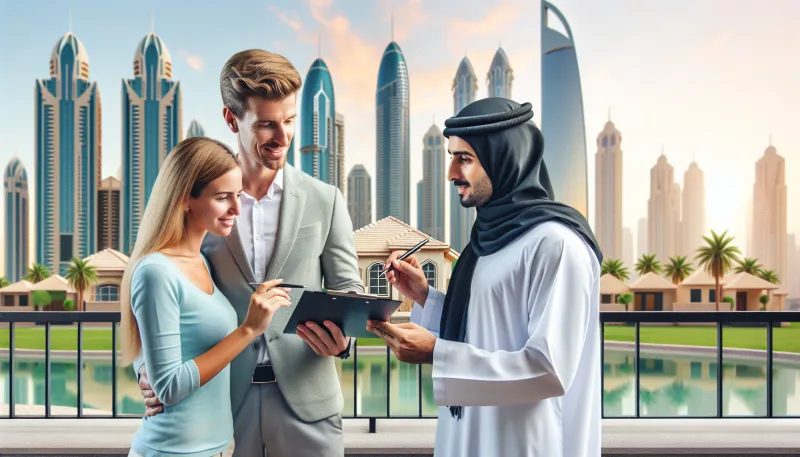
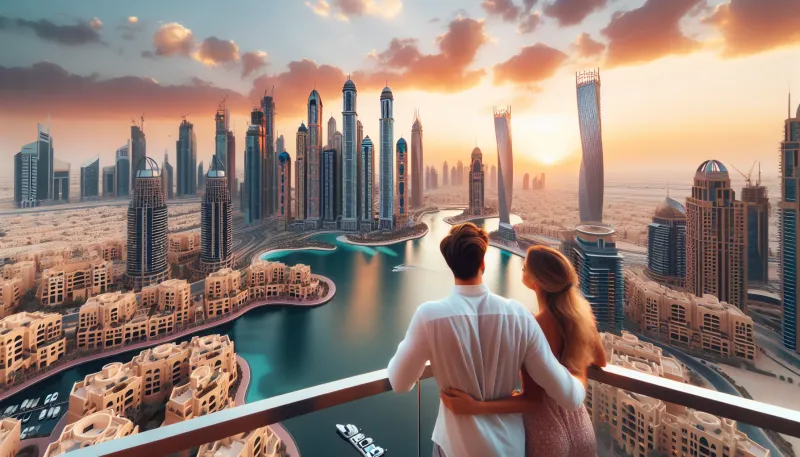


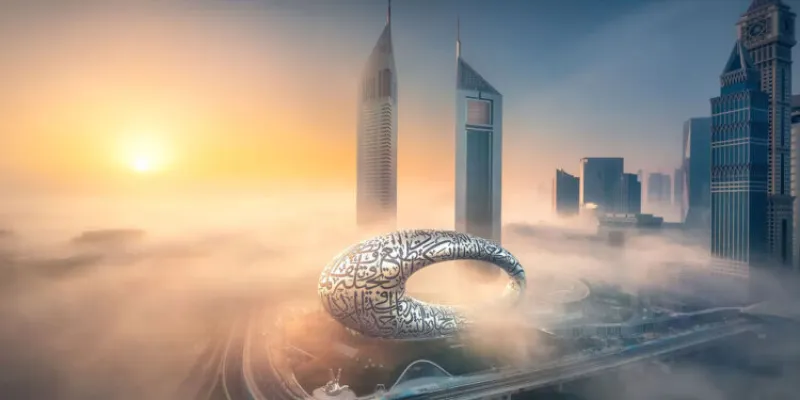
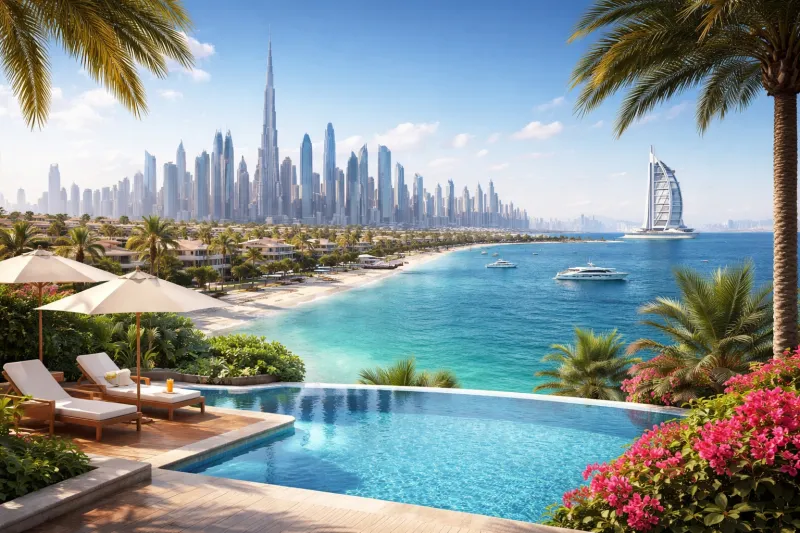
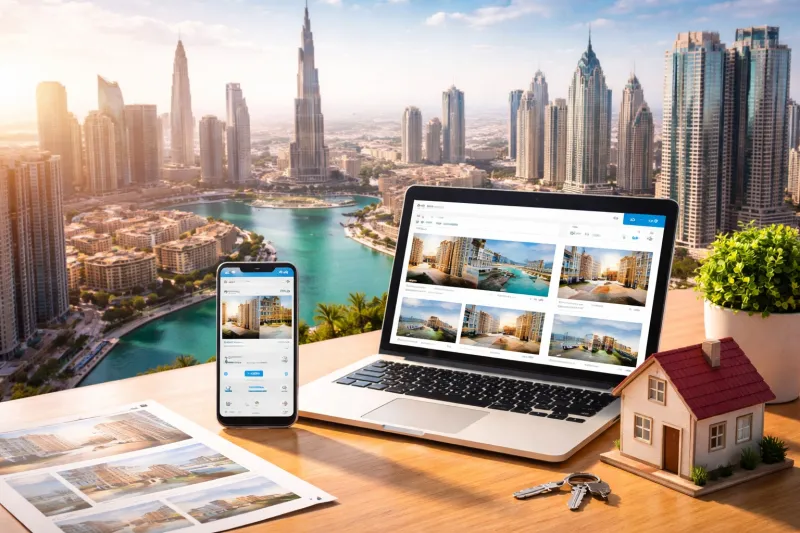
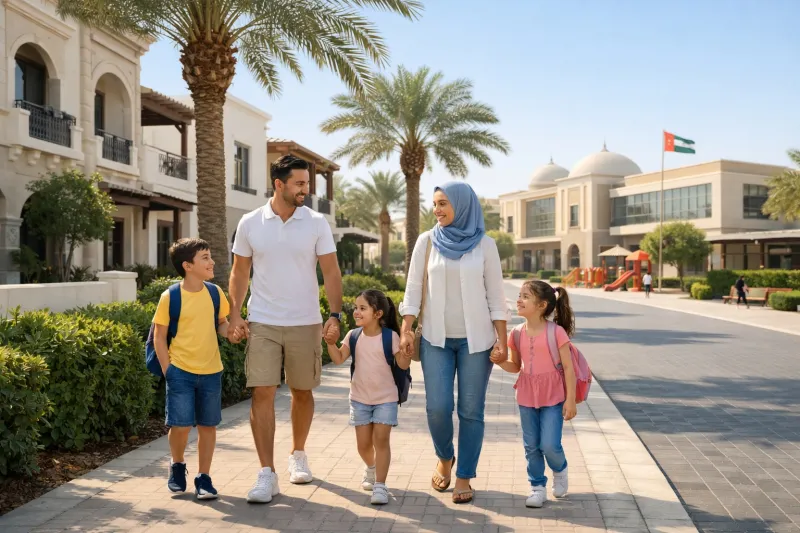
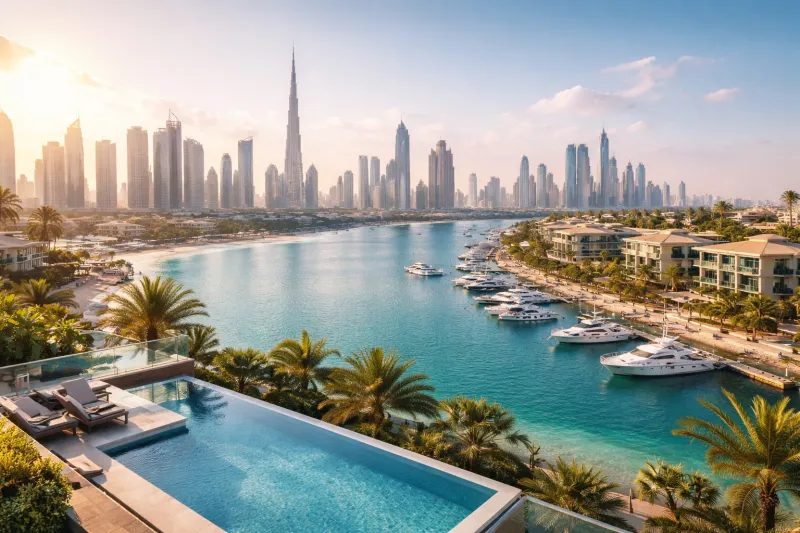
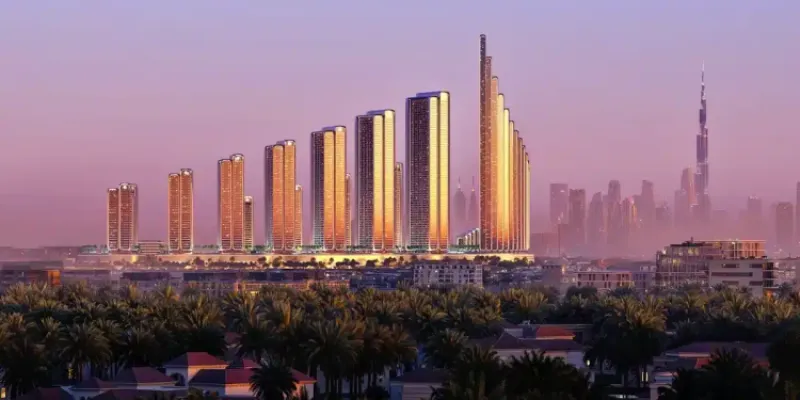
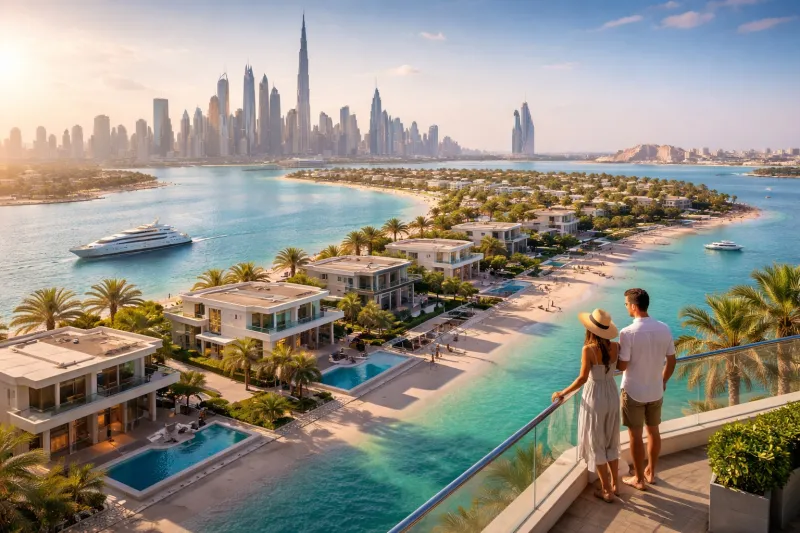
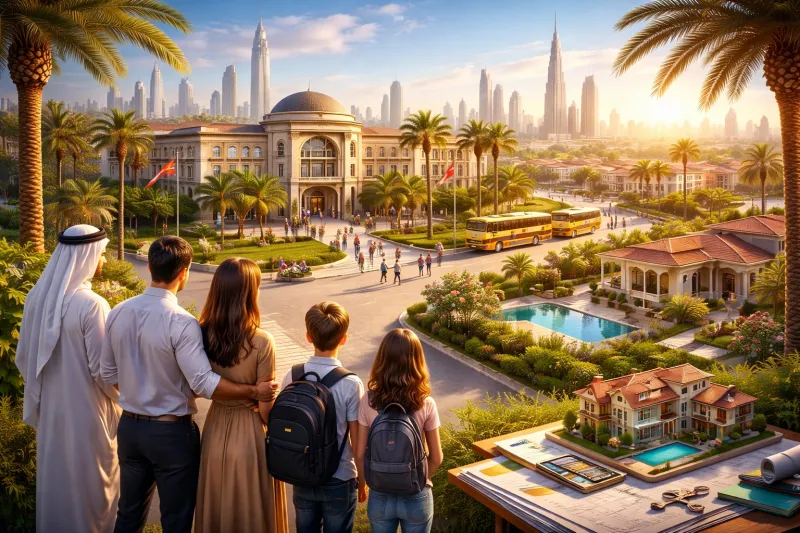
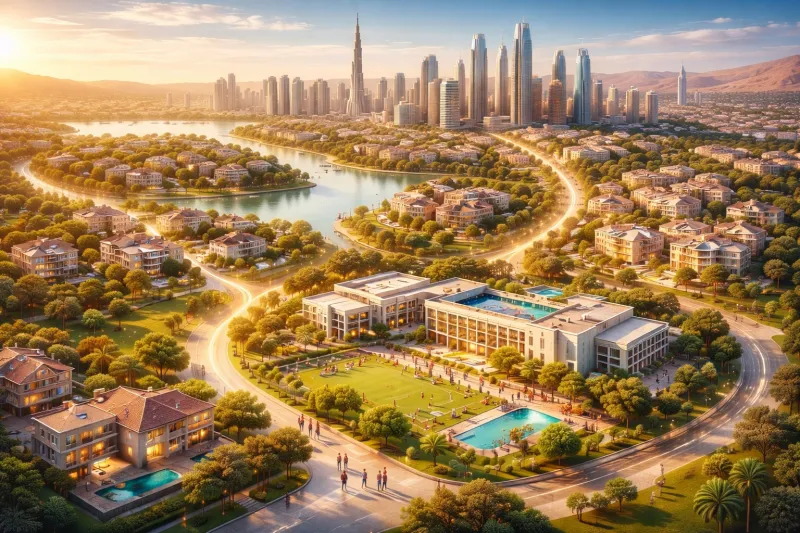
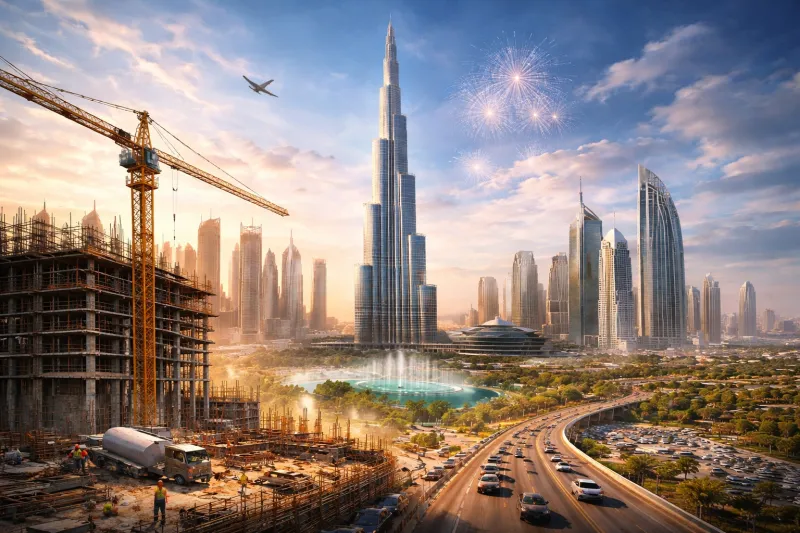
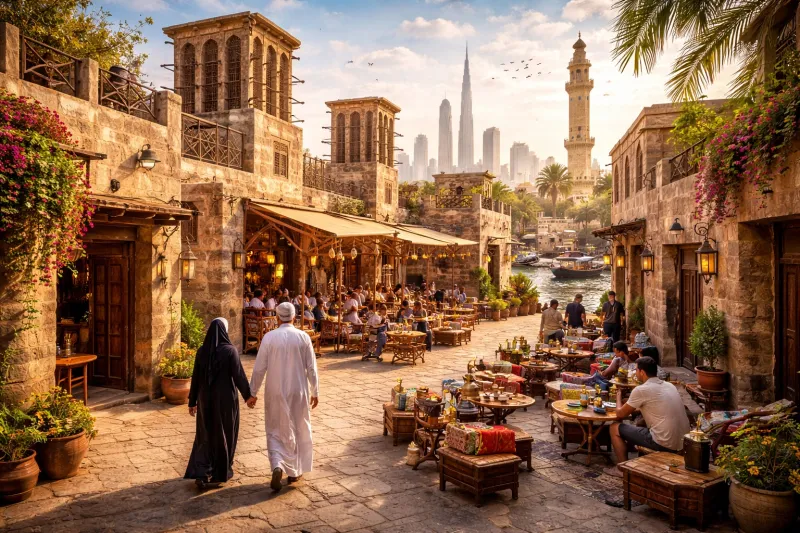

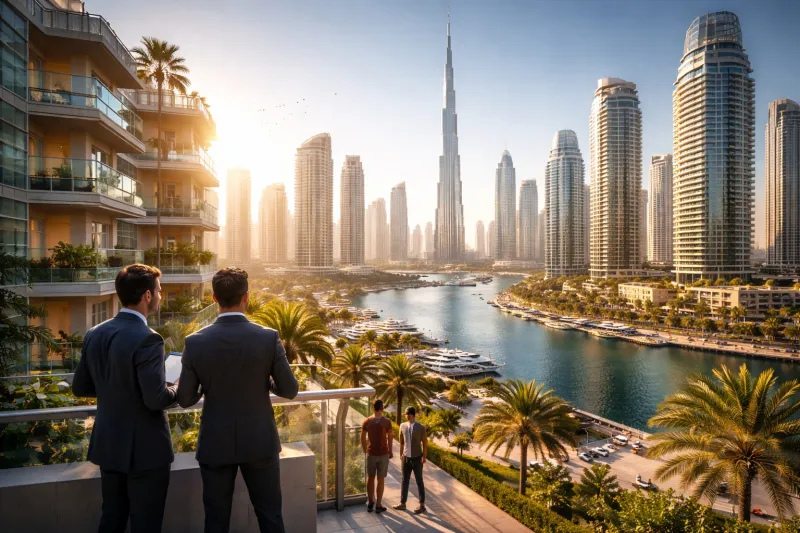

Social and cultural distinctions in daily life
Daily life across the emirates reflects differences in customs, dress codes, and legal frameworks. For example, Sharjah enforces stricter public behavior regulations, while Dubai and Abu Dhabi tend to be more liberal. These variations affect everything from business practices to social interactions, illustrating the UAE’s complex social tapestry.